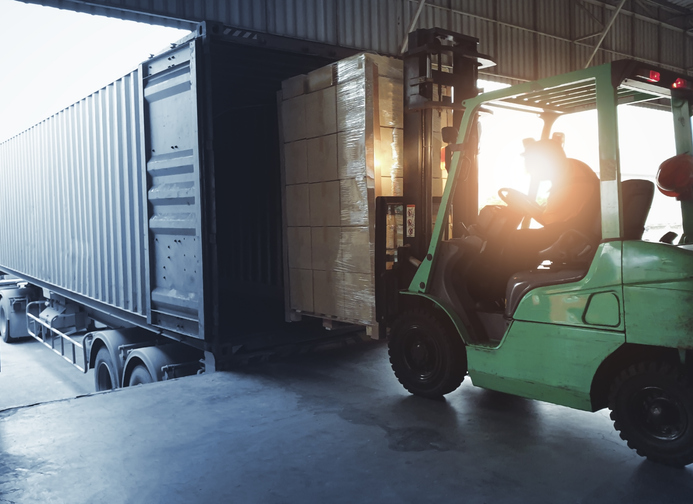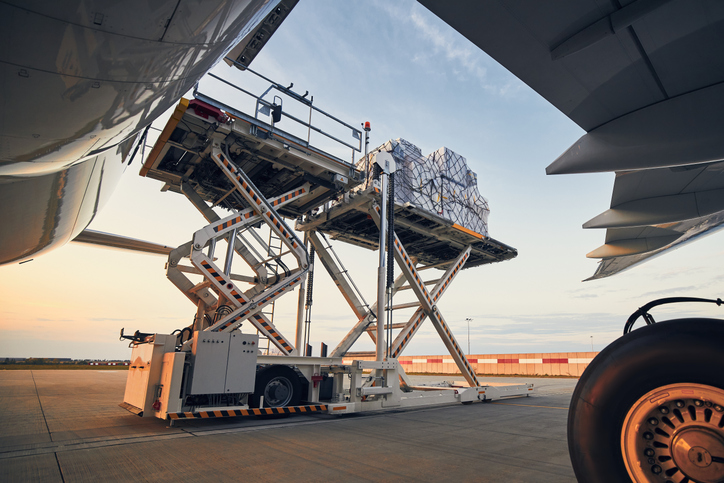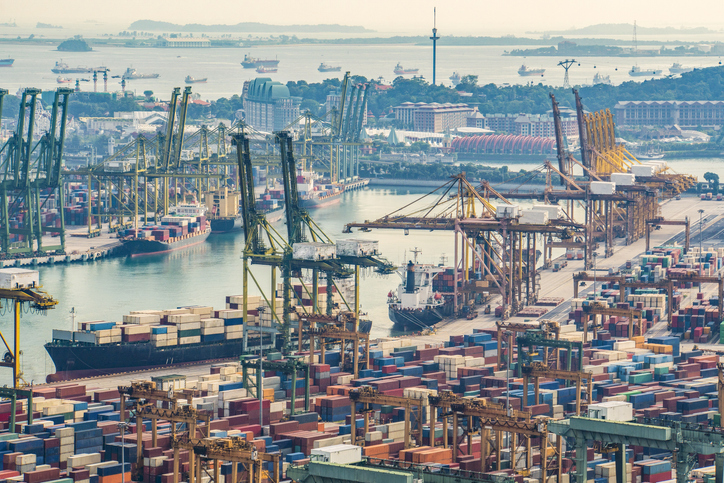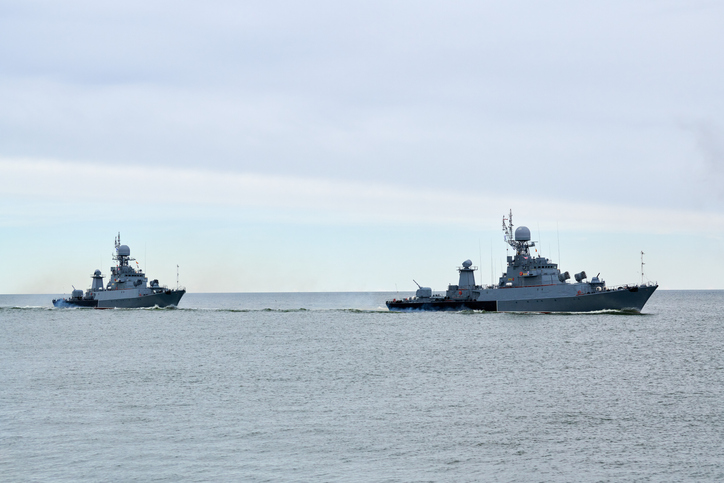
The Weekly Roar
In this week’s Roar: Chinese import tariffs, cycles in air freight, container demand, the environmental impact of the Red Sea crisis, and the state of the IoT.
It’s election season in the U.S., so it should be no surprise that specific campaign topics have implications on trade and supply chains. At the center of the discussion are possible increased tariffs on certain Chinese imports, including electric vehicles, semiconductors, Chinese-made cranes, and even Chinese made steel. U.S. manufacturers and politicians want exemptions or reductions, citing concerns about higher costs and supply disruptions. China, of course, is strongly opposed to the tariff increases. Based on statements from both candidates, there does not appear to be any relief coming from escalating costs to importers or consumers from either political party.
There’s no question that the global air freight market is experiencing strong growth. However, history shows that the industry shouldn’t expect it to last forever because growth in the market has always been cyclical — with alternating periods of expansion and contraction. Since 2008 there have been five growth phases and four phases of contraction, with each of these phases or cycles attributed to various factors such as global financial crises, commodity price collapses, and just general shifts in the dynamics of the supply chain. For example, the current growth phase that we’ve been seeing since August 2023 is largely driven by factors such as e-commerce exports from China.
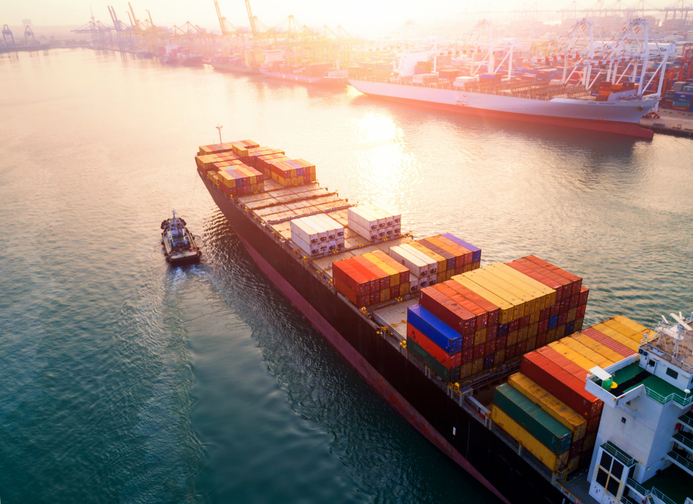 There’s a strong appetite for new ships, which is evidenced by the ongoing expansion of the global container shipping fleet despite initial signs of a slowdown. In 2024 new ship orders have surpassed the total for 2023, indicating a potential 44% increase in fleet capacity since early 2021, the current order book suggests further growth, although the actual fleet expansion numbers will depend on the rate of ships recycled.
There’s a strong appetite for new ships, which is evidenced by the ongoing expansion of the global container shipping fleet despite initial signs of a slowdown. In 2024 new ship orders have surpassed the total for 2023, indicating a potential 44% increase in fleet capacity since early 2021, the current order book suggests further growth, although the actual fleet expansion numbers will depend on the rate of ships recycled.
The recent attacks by the Houthis in the Red Sea are causing environmental damage in addition to disrupting supply chains. For example, the Greek-owned oil tanker Sounion is leaking oil after a recent Houthi attack, threatening to devastate the marine ecosystem in the region. The tanker is carrying 150,000 tons of crude oil, prompting the Yemeni government to issue a warning of the potential dangers if the vessel sinks or explodes. The environmental damage would impact Yemen’s fisheries that provide a livelihood for 1.7 million citizens who live in coastal communities.
Buzz surrounding the Internet of Things (IoT) is making a resurgence. While it has been around for years, recently it’s been overshadowed by other technologies like blockchain and AI. However, IoT may be on the cusp of making a comeback. It’s showing more tangible promise for enabling real-time tracking of goods, predictive maintenance of equipment, and inventory optimization. However, there are some challenges, specifically in the areas of security and connectivity.
For the rest of the week’s top shipping news, check out the article highlights below.




